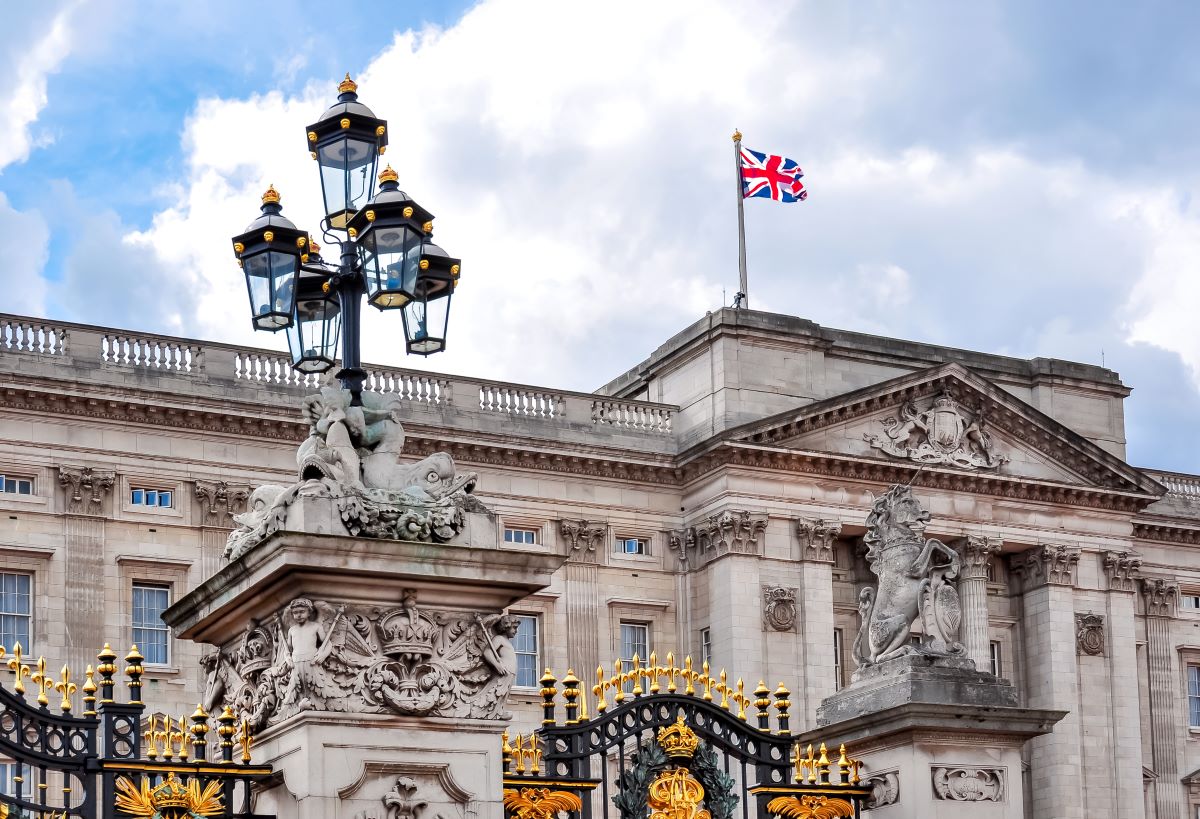The debate over the British monarchy is hotter than a scandal on the front page of The Sun. As King Charles ages and Prince William prepares for the throne, are we ready to re-evaluate the role of the monarchy in modern Britain?
1. Costly Institution: Relic
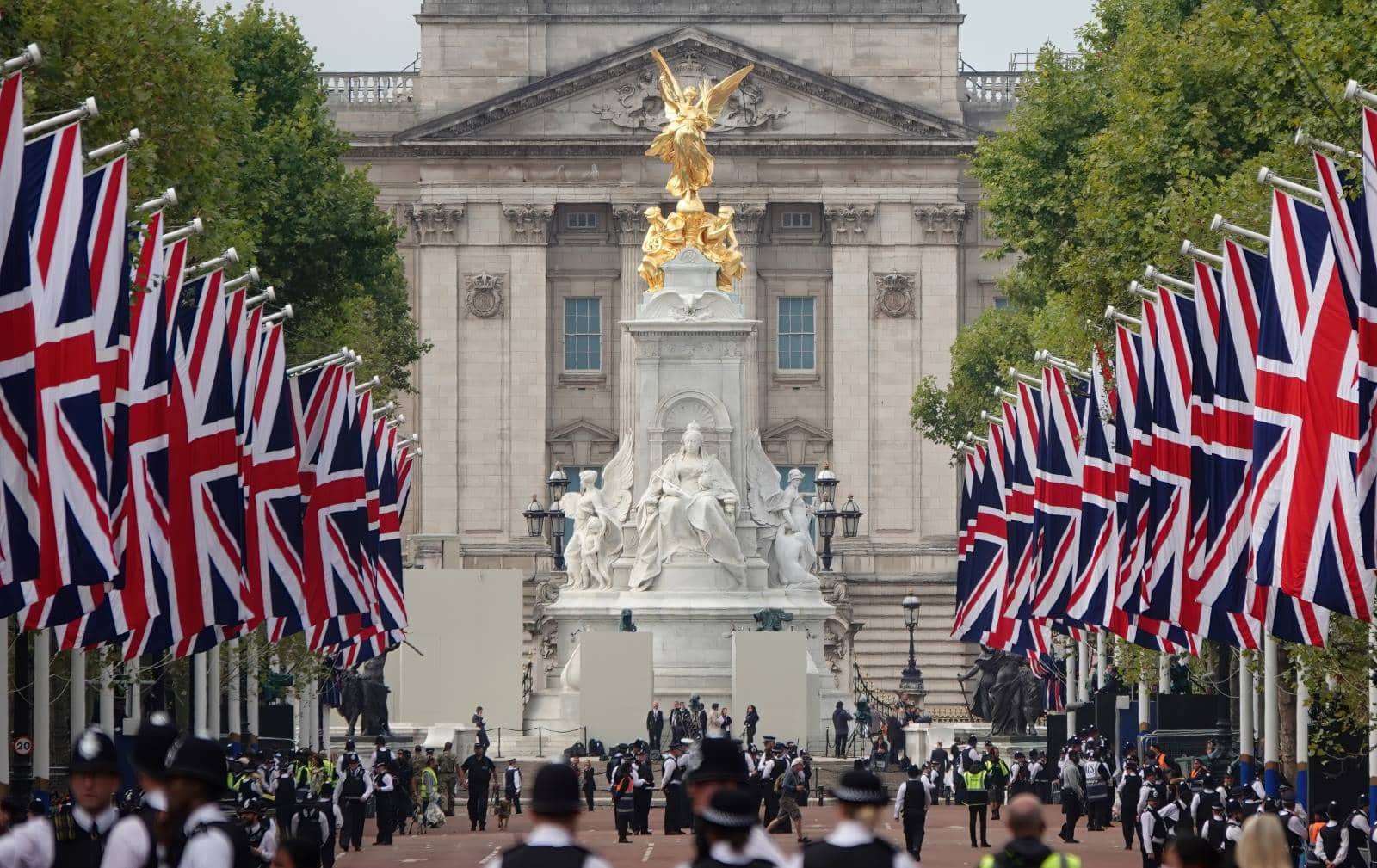
The monarchy costs taxpayers a whopping £86.3 million annually as per the 2023 Sovereign Grant report. In an era of tight budgets and economic strain, is this expense justified?
2. Unequal Power Dynamics: Relic
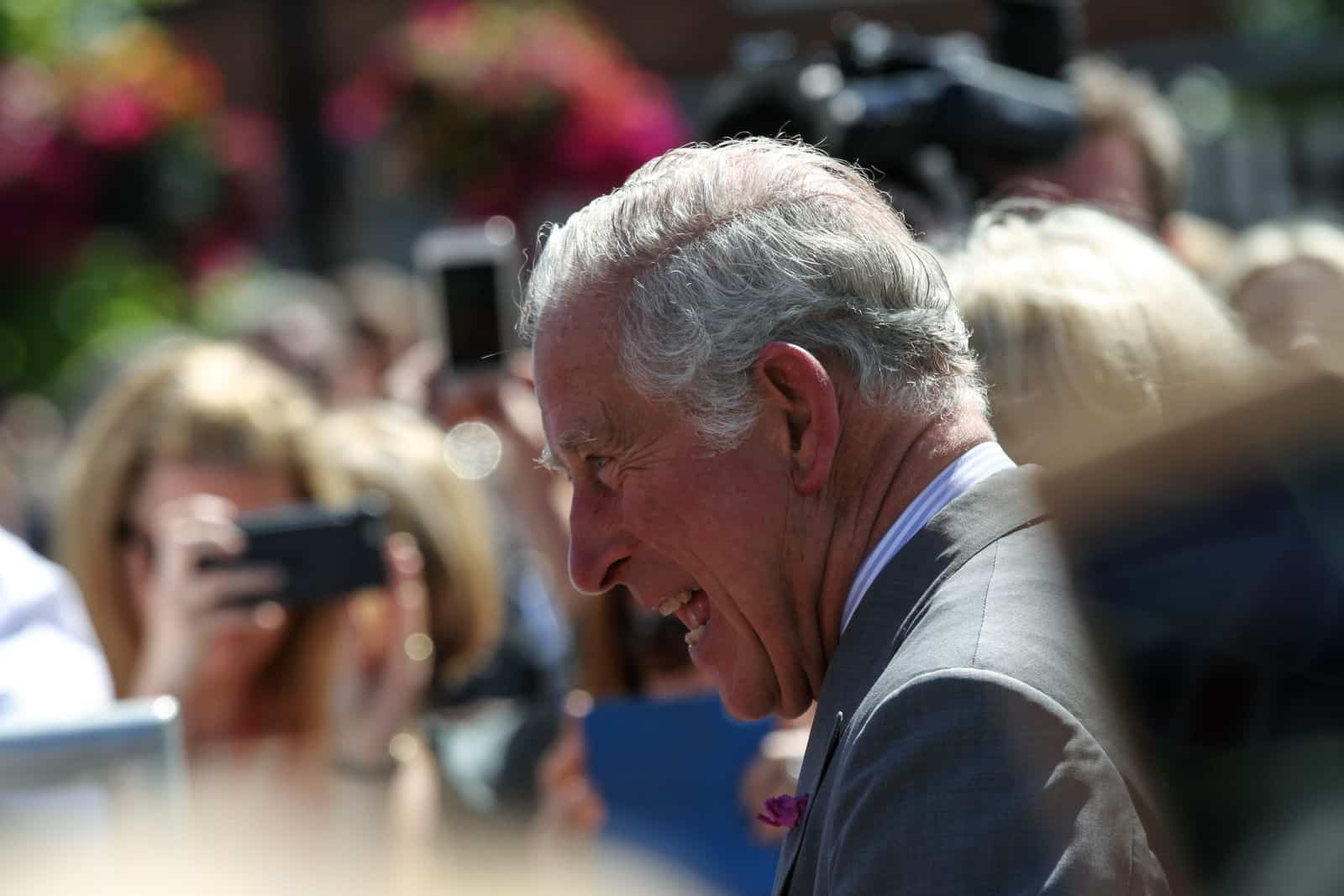
The monarchy epitomizes an antiquated system where privilege is inherited, not earned. This feels increasingly out of step in a society that values fairness and meritocracy.
3. Lack of Accountability: Relic
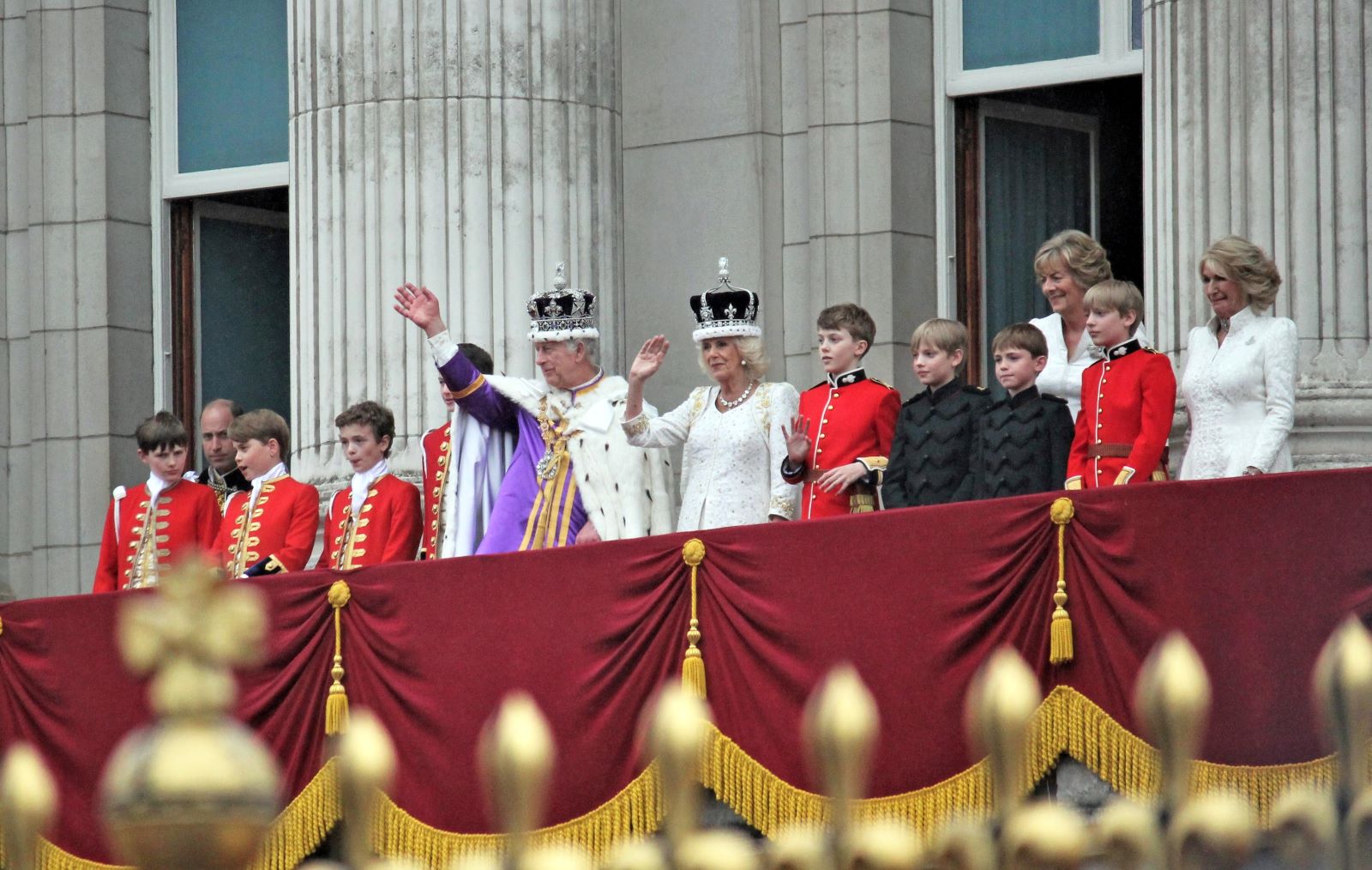
Shielded by royal status, members of the royal family operate without the transparency required of public figures, raising concerns over accountability and democratic values.
4. Outdated Symbolism: Relic
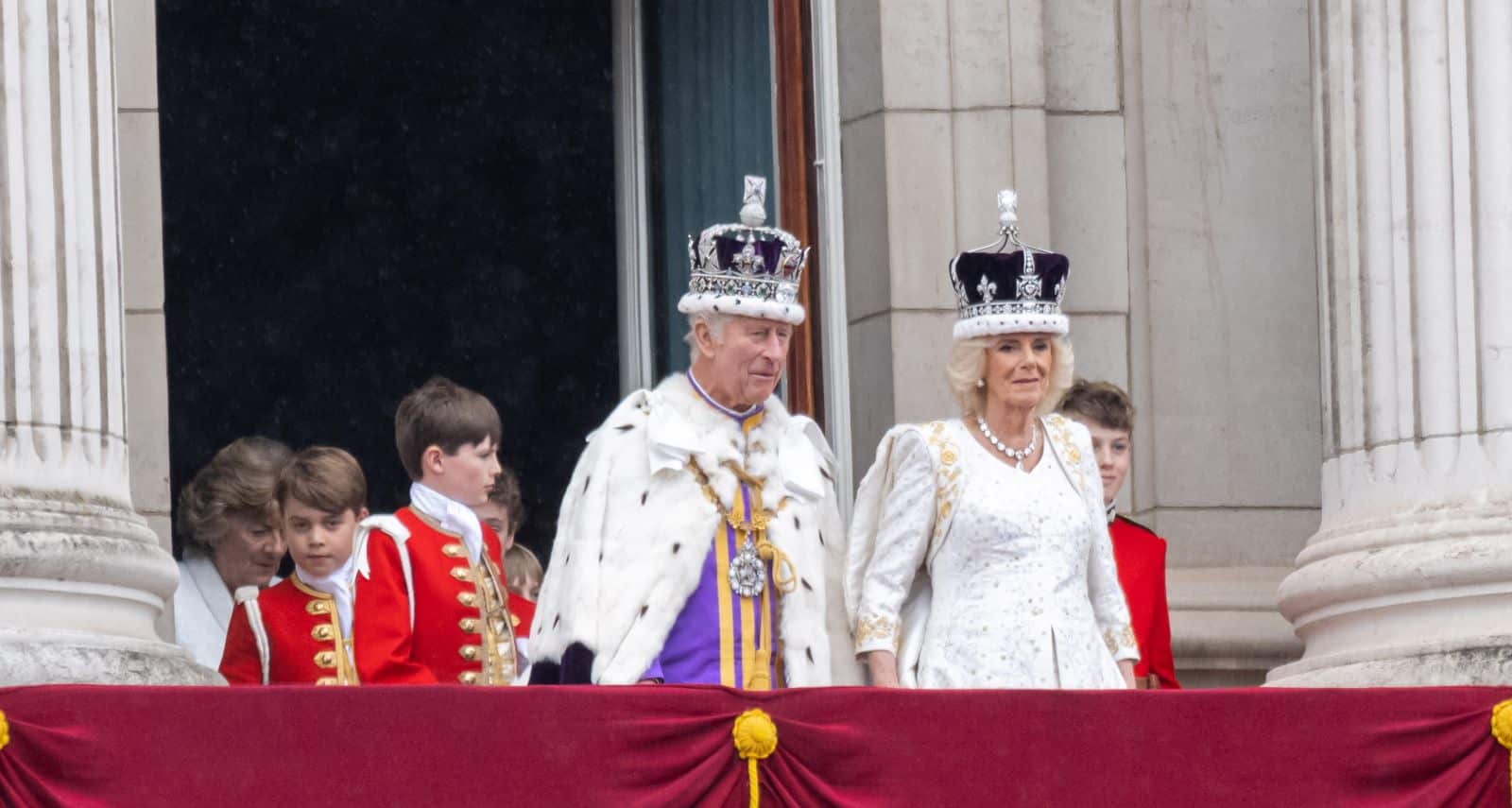
In a progressive society, the hereditary monarchy often appears disconnected from contemporary values that champion equality and social justice.
5. “Where’s Kate?” Media Frenzy: Relic
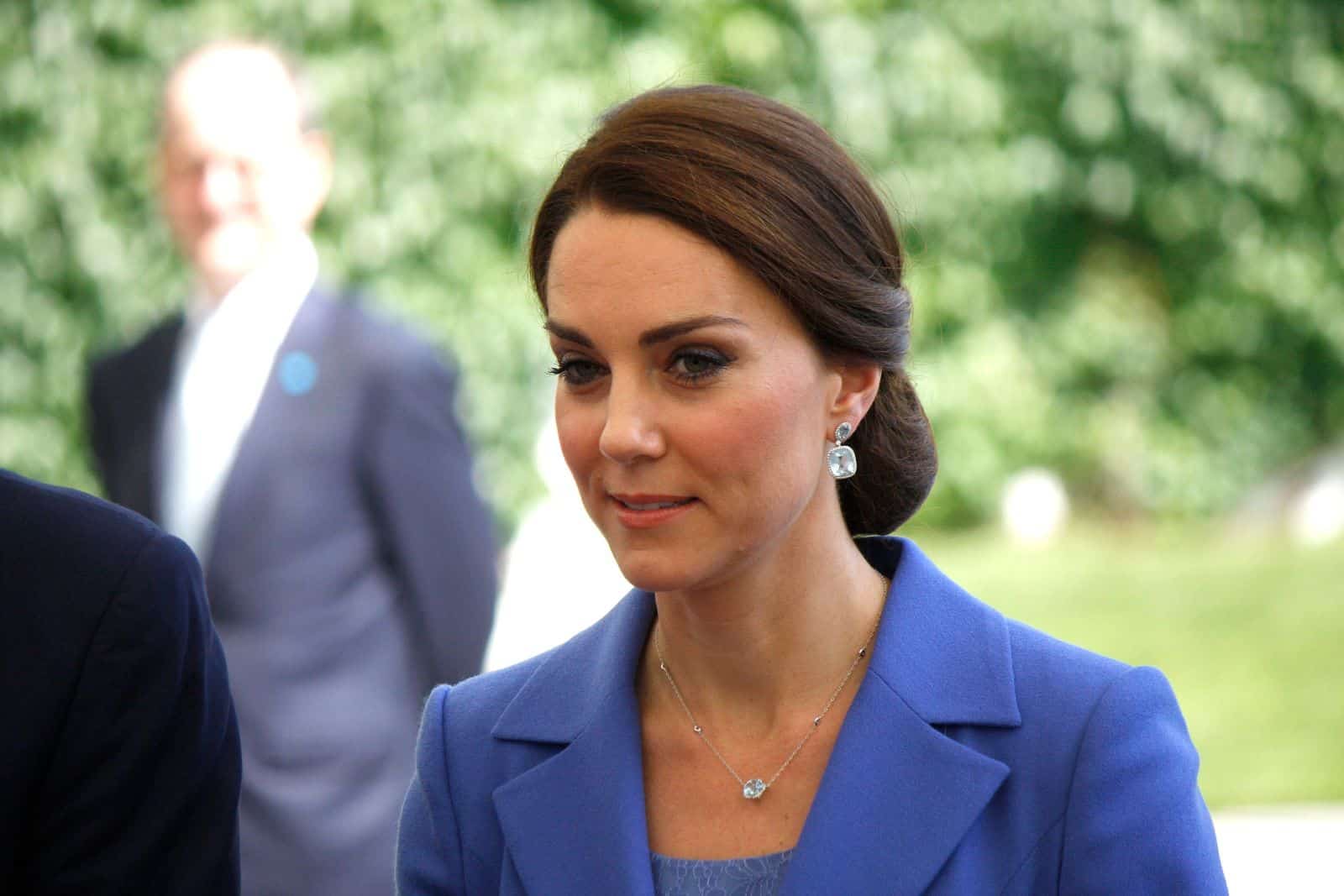
The media obsession with the royals, like the “Where’s Kate?” spectacle whenever the Duchess is out of the public eye, often overshadows more pressing national issues, diverting attention and resources.
6. Royal Scandals: Relic
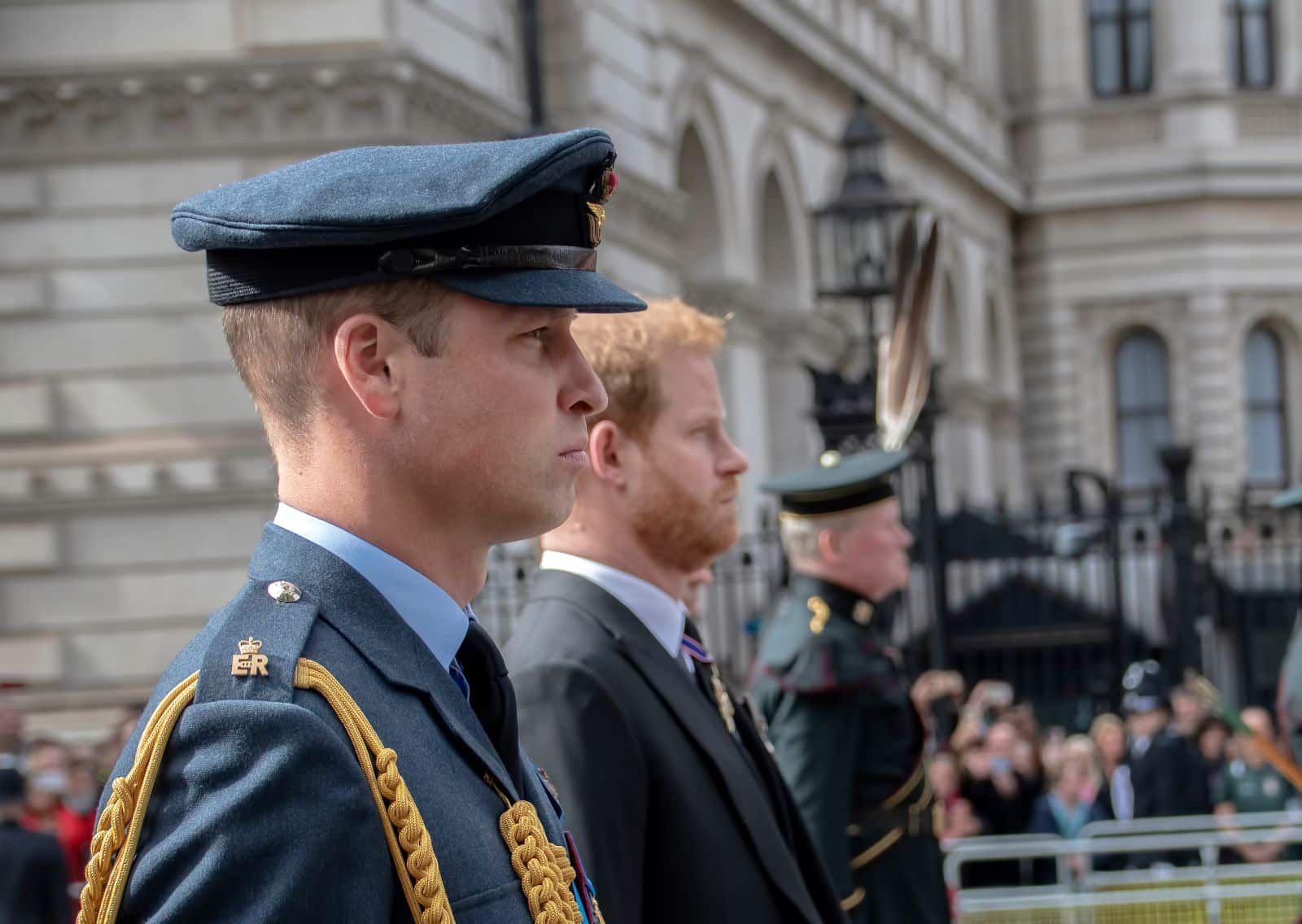
From Prince Andrew’s troubling allegations to the public feud between Prince Harry and Prince William, royal scandals have increasingly undermined the monarchy’s integrity and public image.
7. Inherited Privilege: Relic
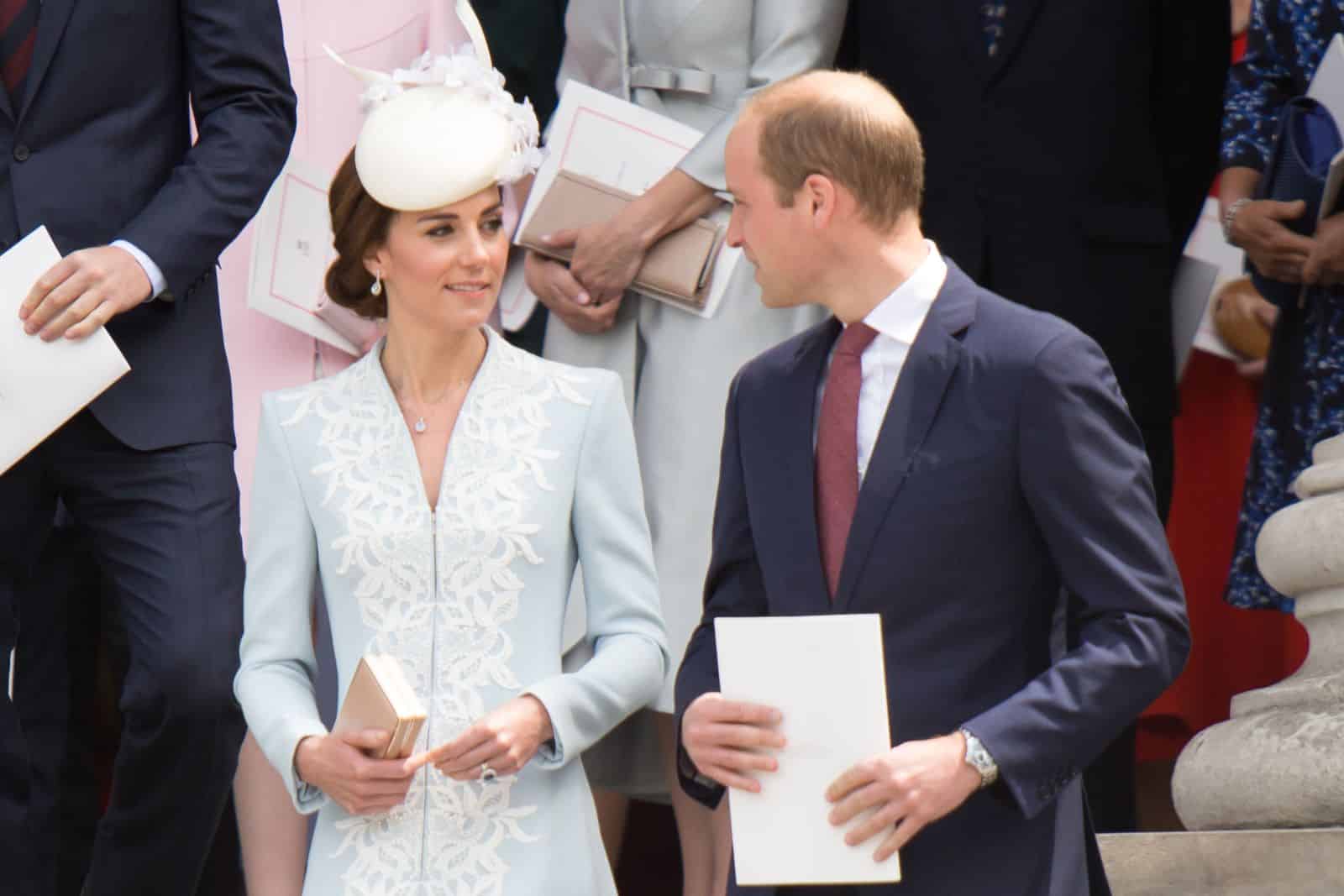
The principle of inheriting titles and roles conflicts with modern democratic ideals where positions should be based on merit and achievement, not birthright.
8. Colonial Legacy: Relic
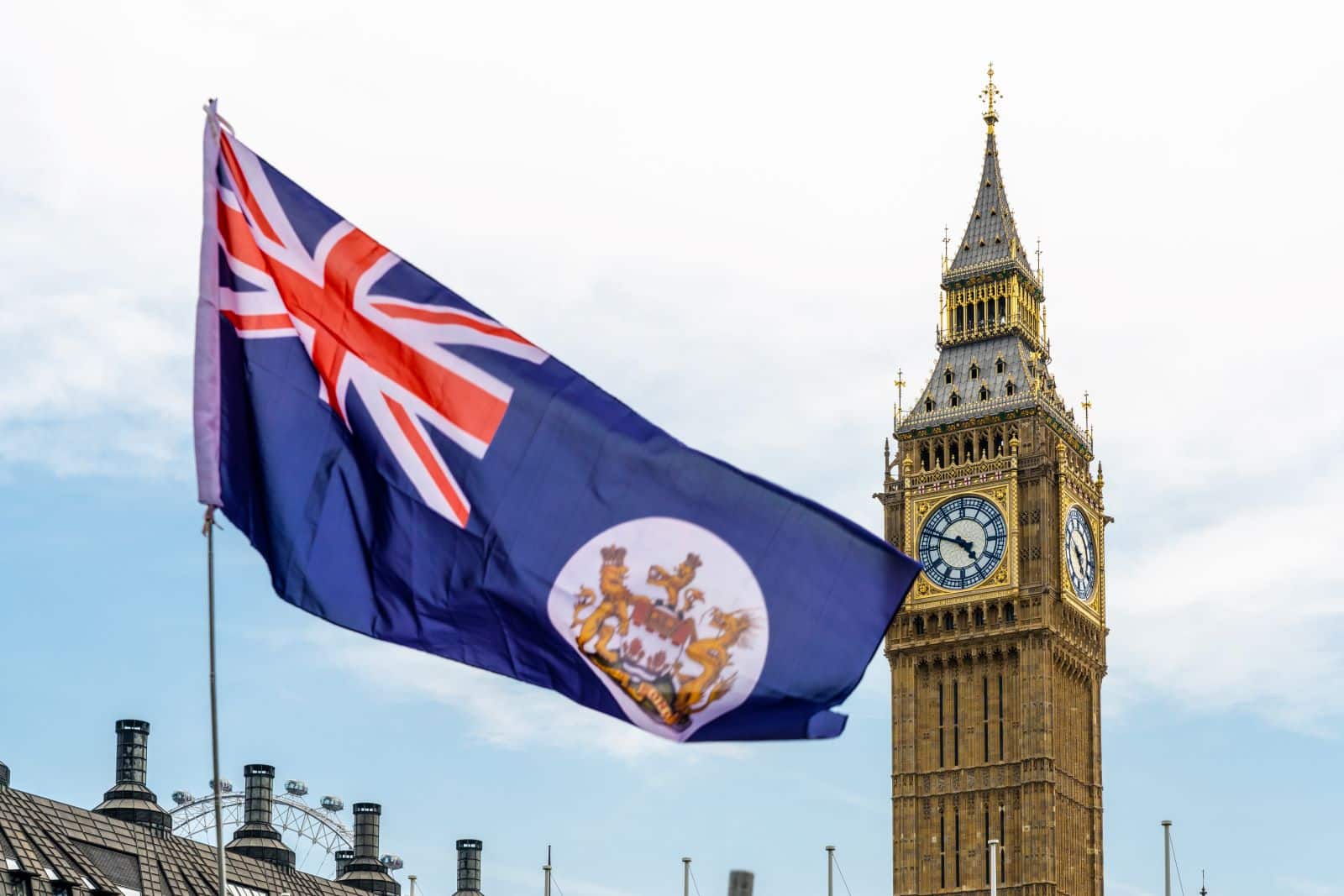
The monarchy’s ties to Britain’s colonial past are increasingly contentious. As society reevaluates this legacy, the monarchy’s historical role becomes more problematic.
9. Harry and Meghan’s Departure: Relic
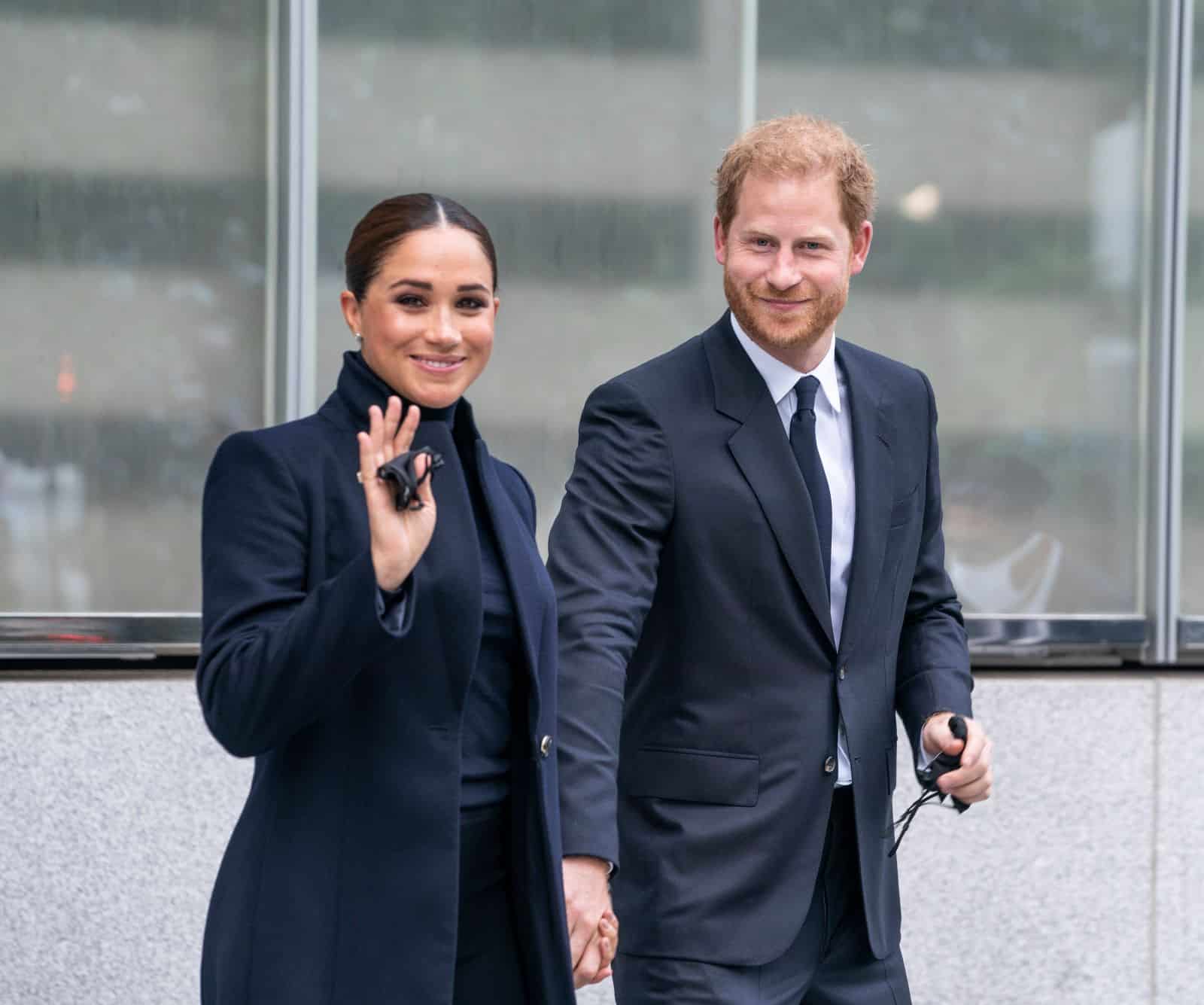
The high-profile exit of Prince Harry and Meghan Markle from royal duties highlights the institution’s struggles with modernity and inclusion, stirring significant public debate.
10. Public Disinterest: Relic
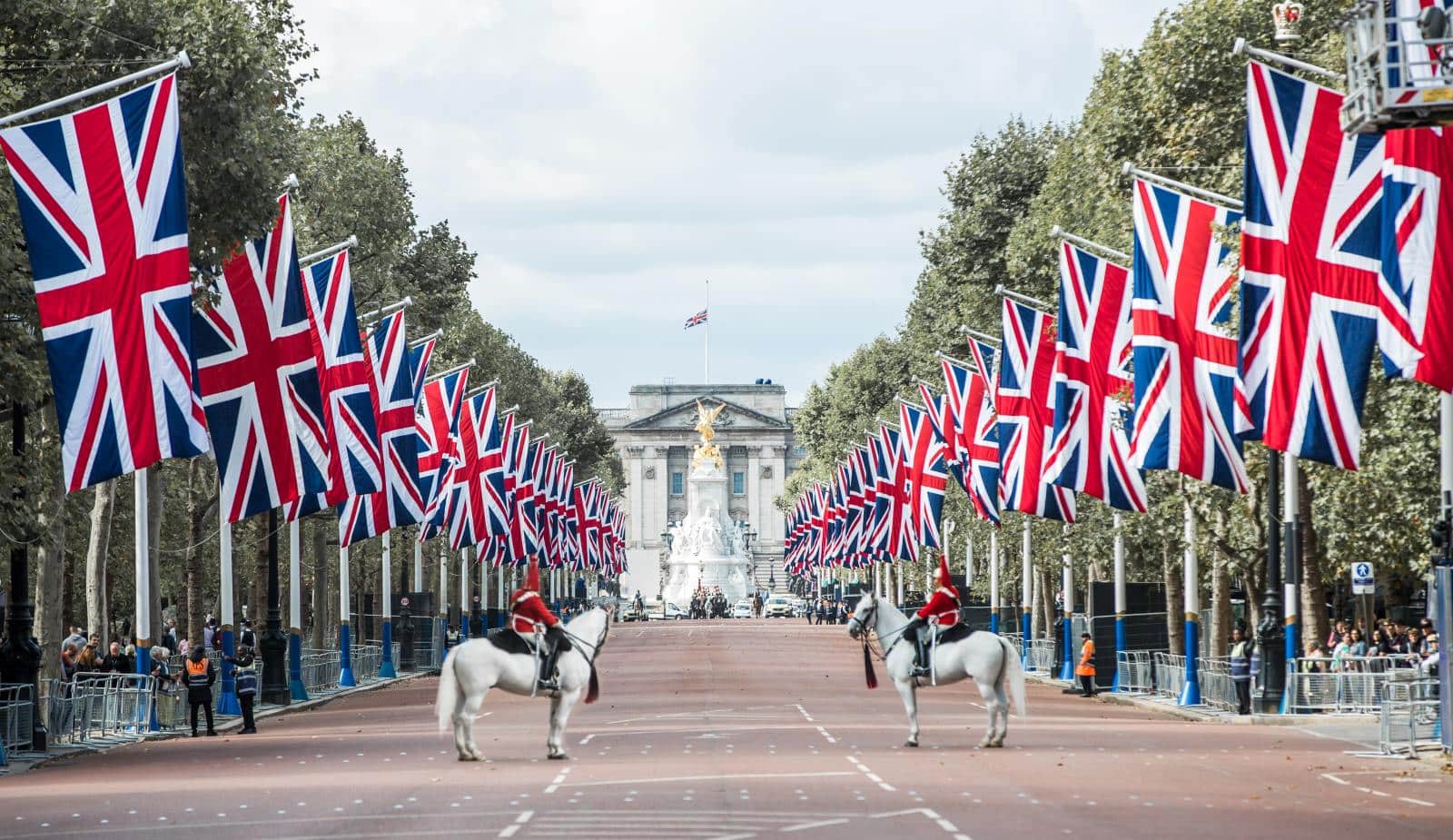
A growing disinterest in the monarchy is evident, especially among the youth. A 2023 YouGov survey shows only 41% of young adults support its continuation, reflecting shifting public sentiment.
11. National Unity: Royalty
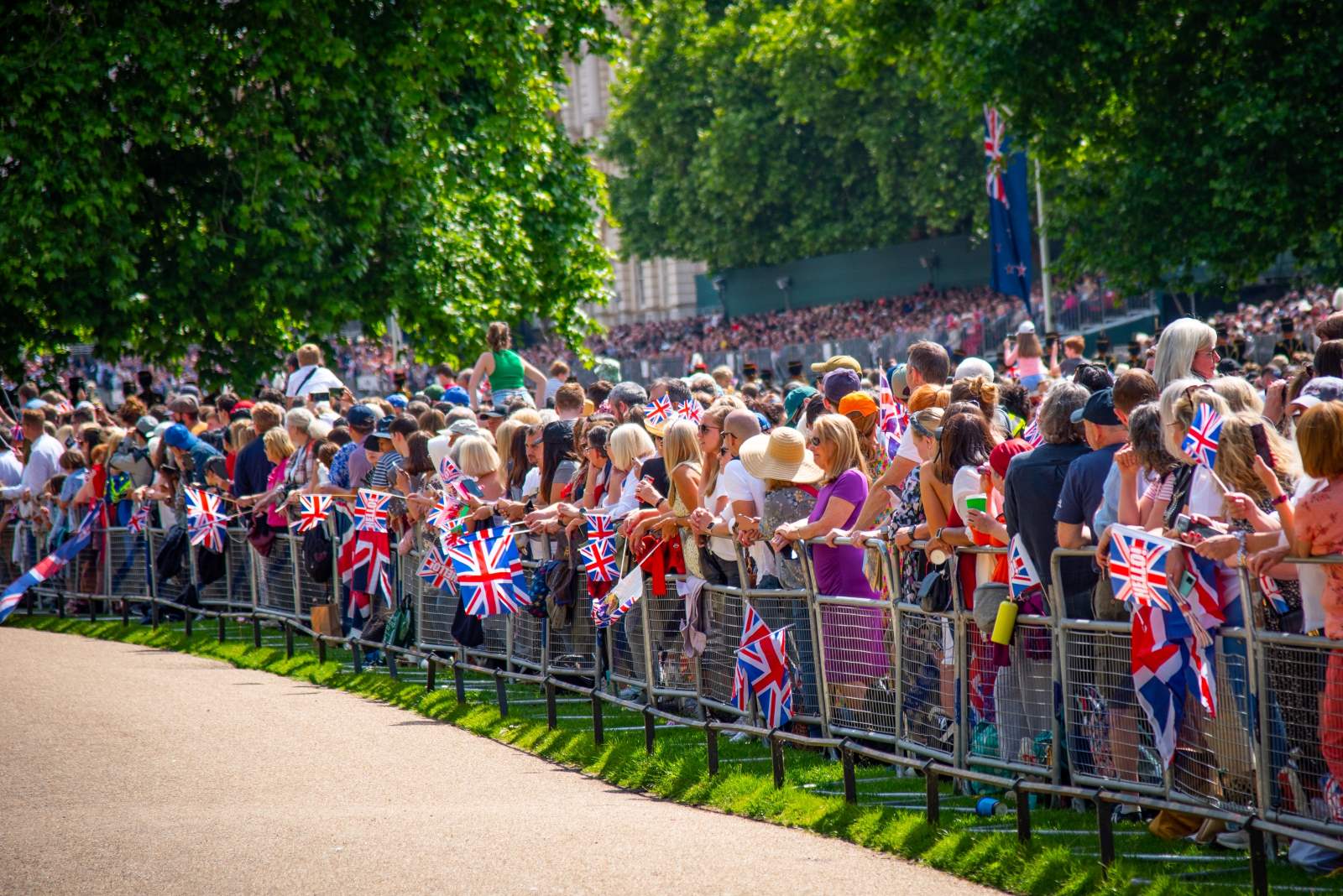
Despite controversies, the monarchy acts as a unifying symbol across the UK, providing a shared identity in times of division and change.
12. Diplomatic Role: Royalty
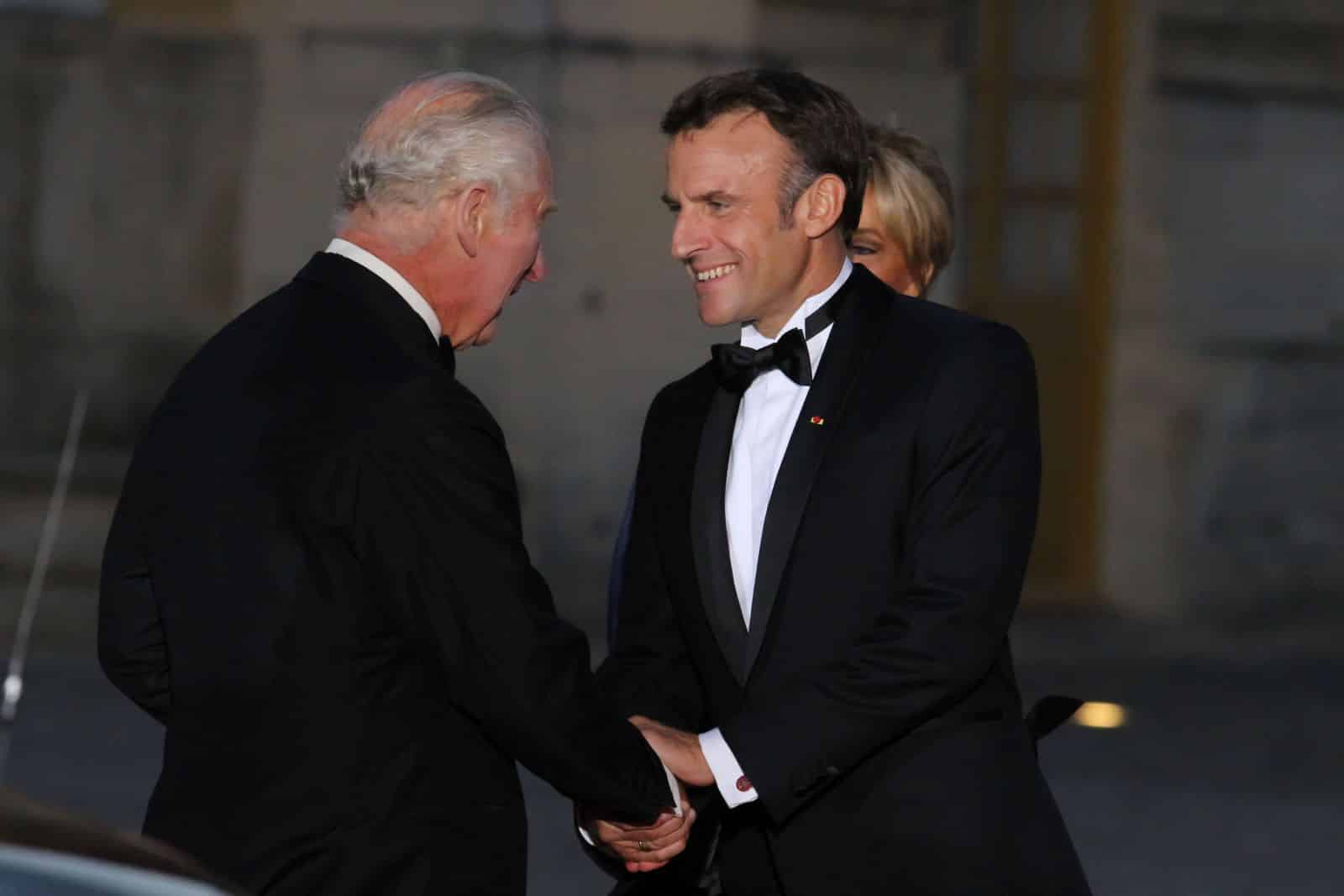
The monarchy enhances Britain’s diplomatic stature. King Charles and other royals play crucial roles in fostering international relations through state visits and ceremonial duties.
13. Charitable Impact: Royalty
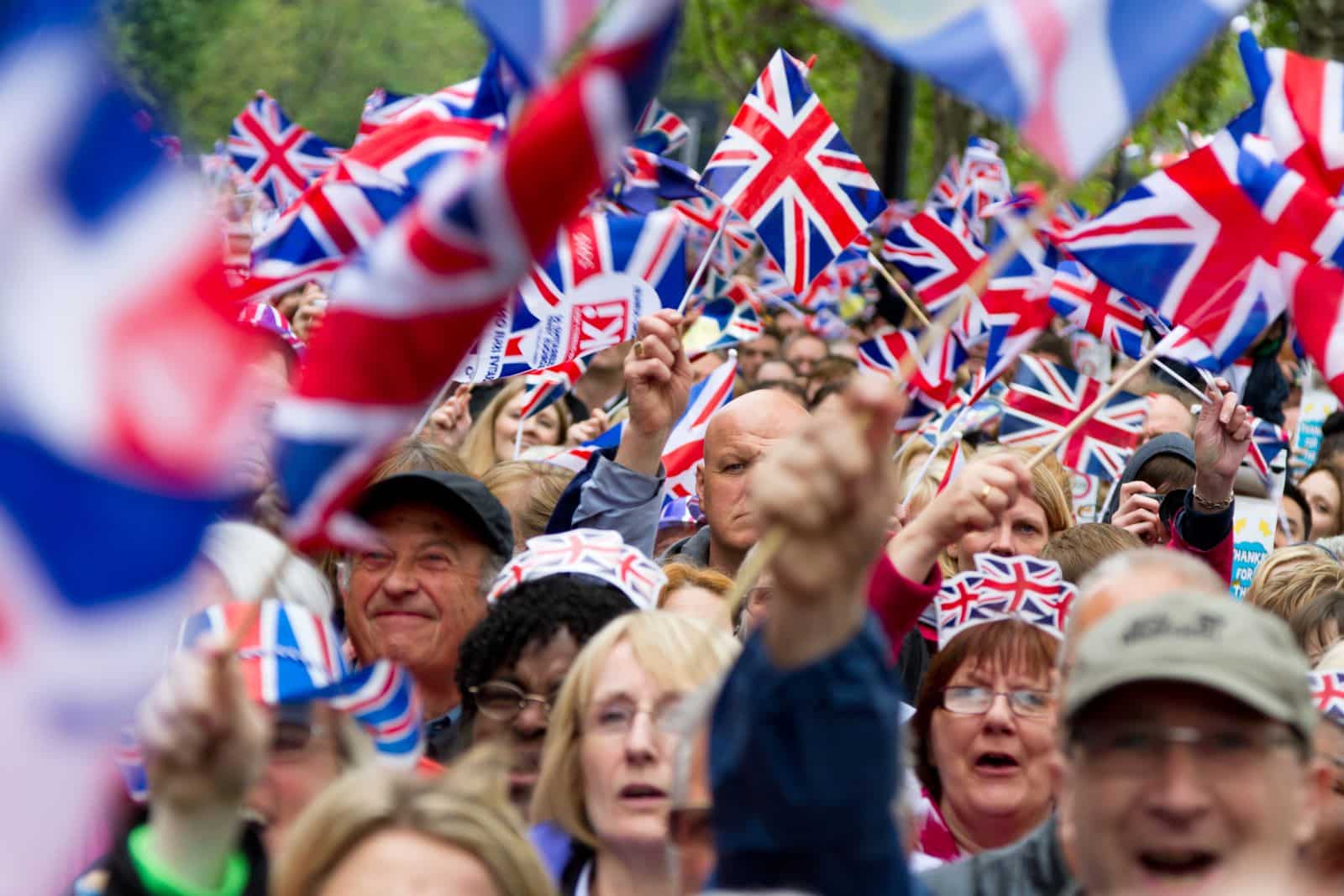
The royal family’s commitment to charity is undeniable. Their patronage boosts visibility and funding for numerous causes, impacting countless lives across the Commonwealth.
14. Historical Continuity: Royalty
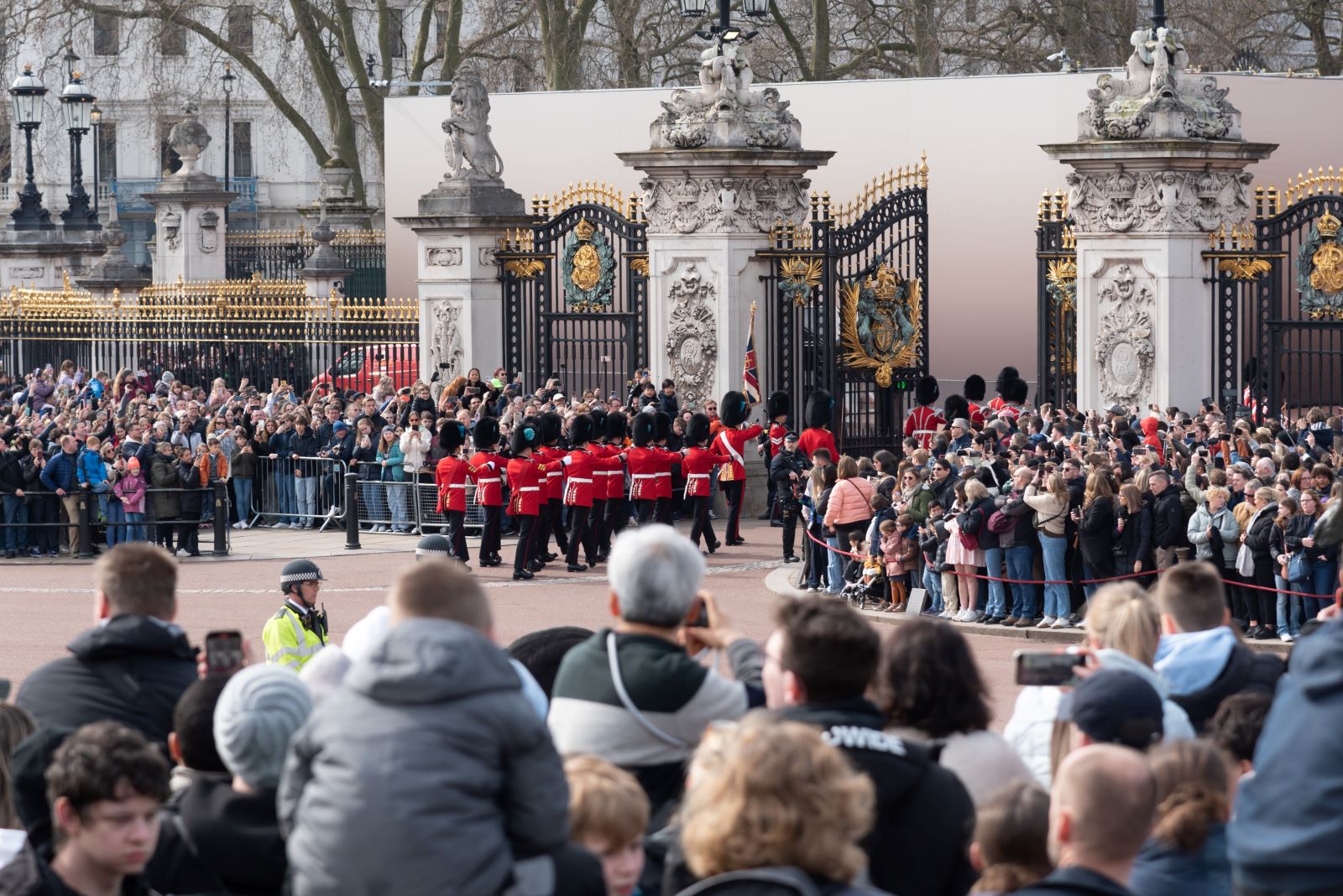
The monarchy connects Britain to its past through centuries-old traditions and ceremonies, preserving a sense of history and heritage.
15. Tourism Magnet: Royalty
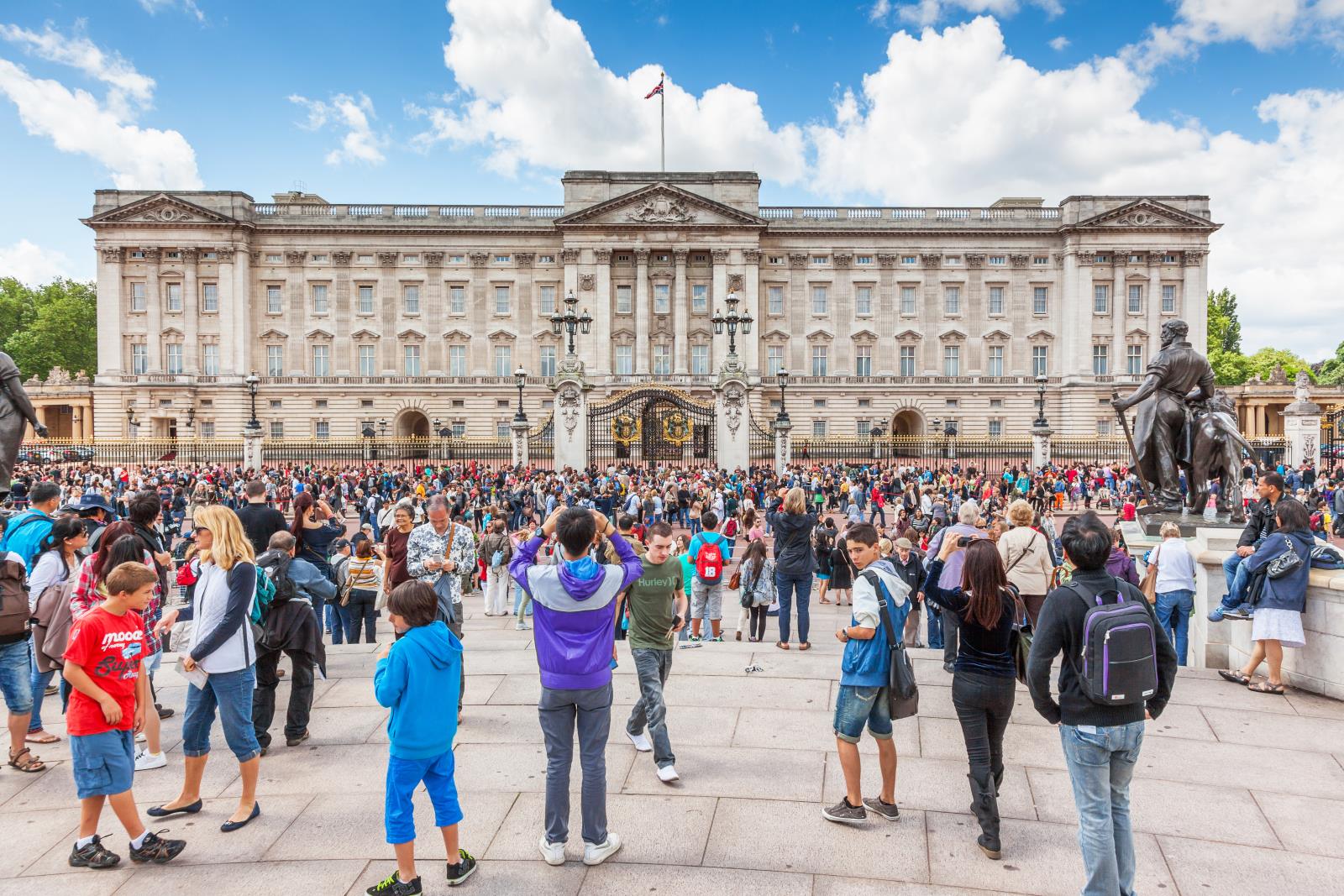
Attractions like Buckingham Palace and the Tower of London, linked to the royals, draw millions of tourists each year, significantly benefiting the economy.
16. Symbol of Stability: Royalty
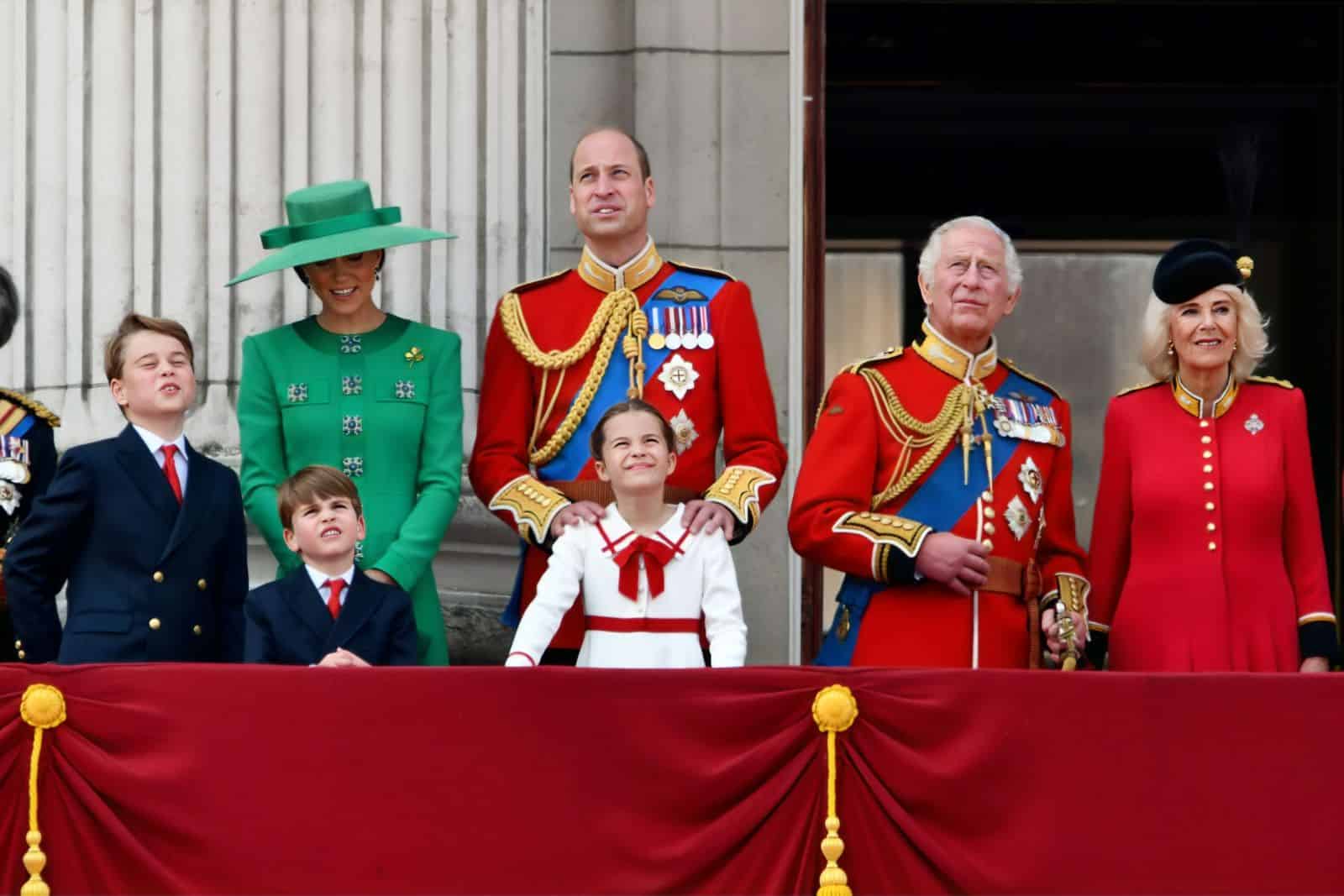
In uncertain times, the monarchy provides continuity. As King Charles ages and Prince William gears up to assume the throne, their roles offer a reassuring constancy.
17. Apolitical Beacon: Royalty
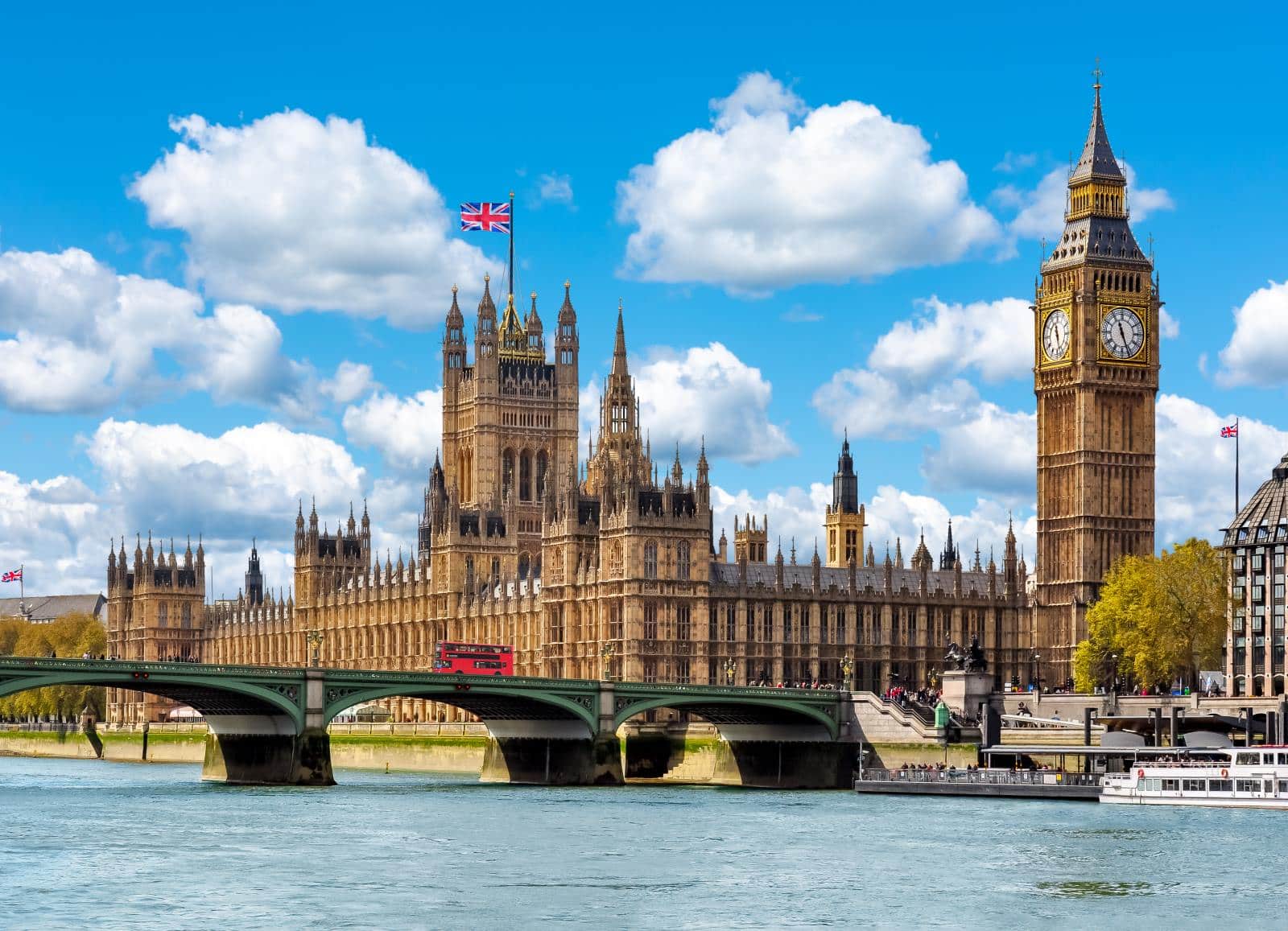
The royal family’s apolitical stance allows them to serve as neutral figures in Britain’s charged political landscape, adding a layer of stability during turbulent times.
18. Ceremonial Significance: Royalty
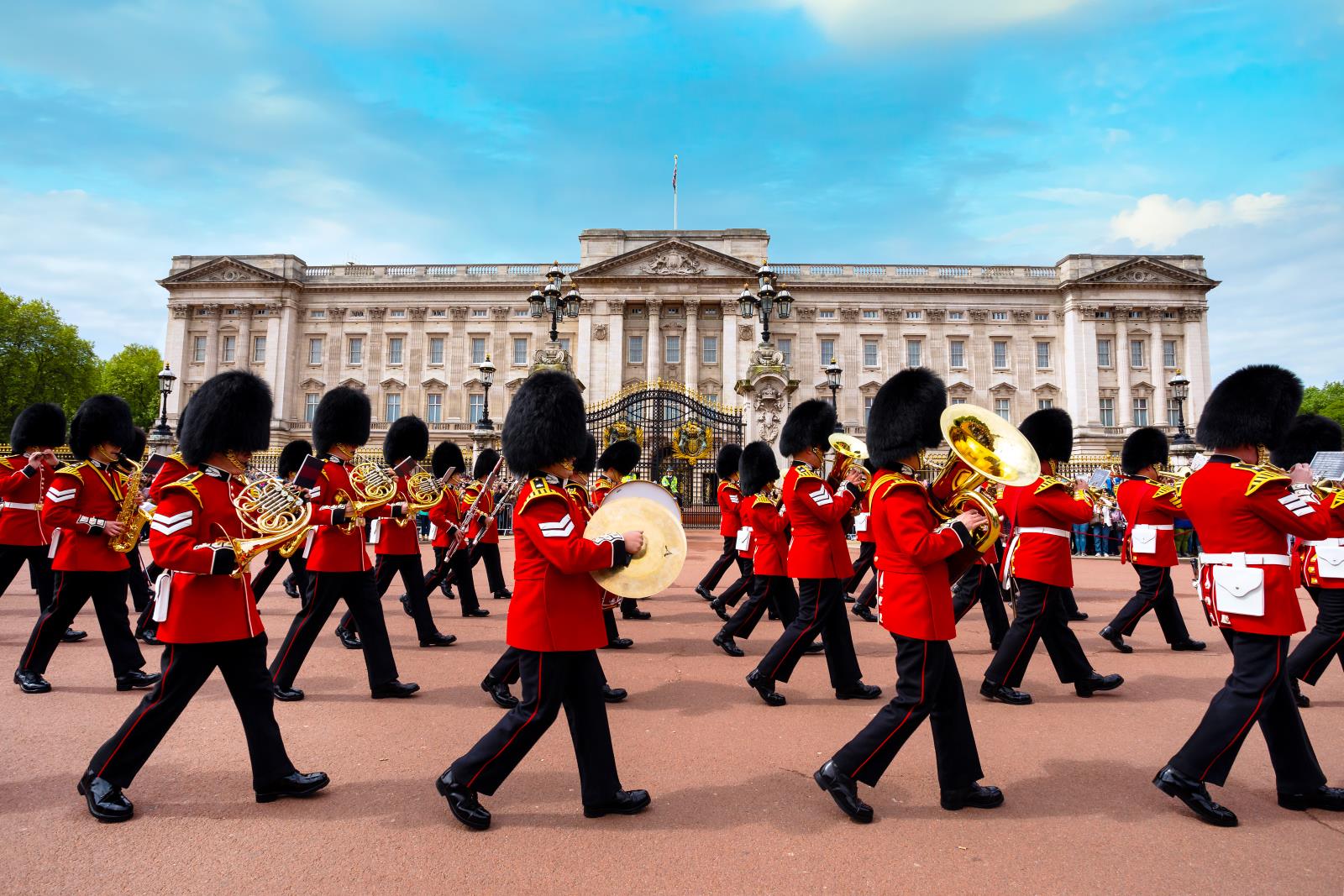
Royal ceremonies are core to national celebrations and mourning, embodying the pomp and circumstance that many Britons cherish.
19. Global Influence: Royalty
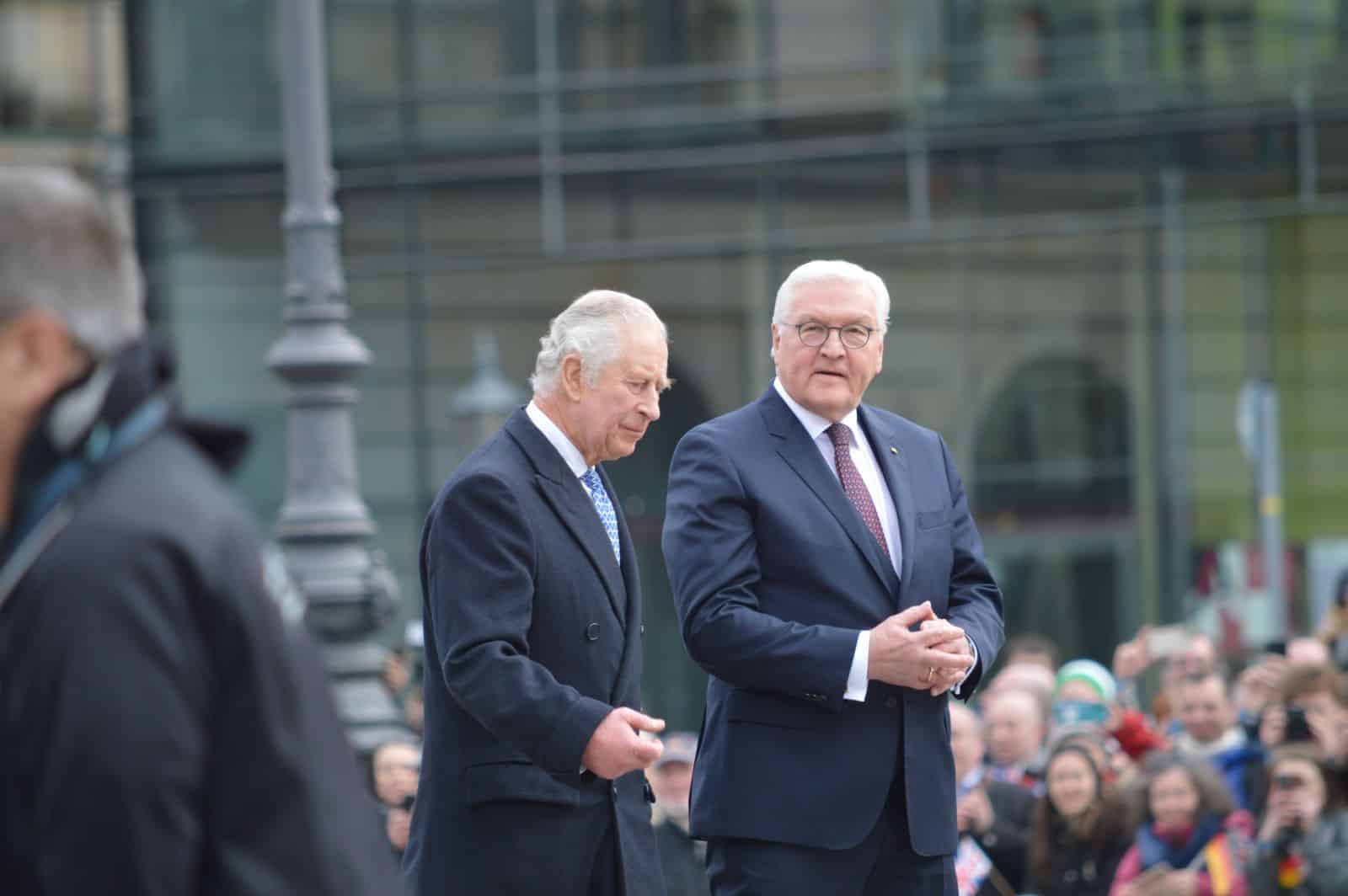
The British monarchy wields considerable soft power, enhancing the UK’s influence on the global stage through its extensive network and high-profile engagements.
20. Community Focus: Royalty
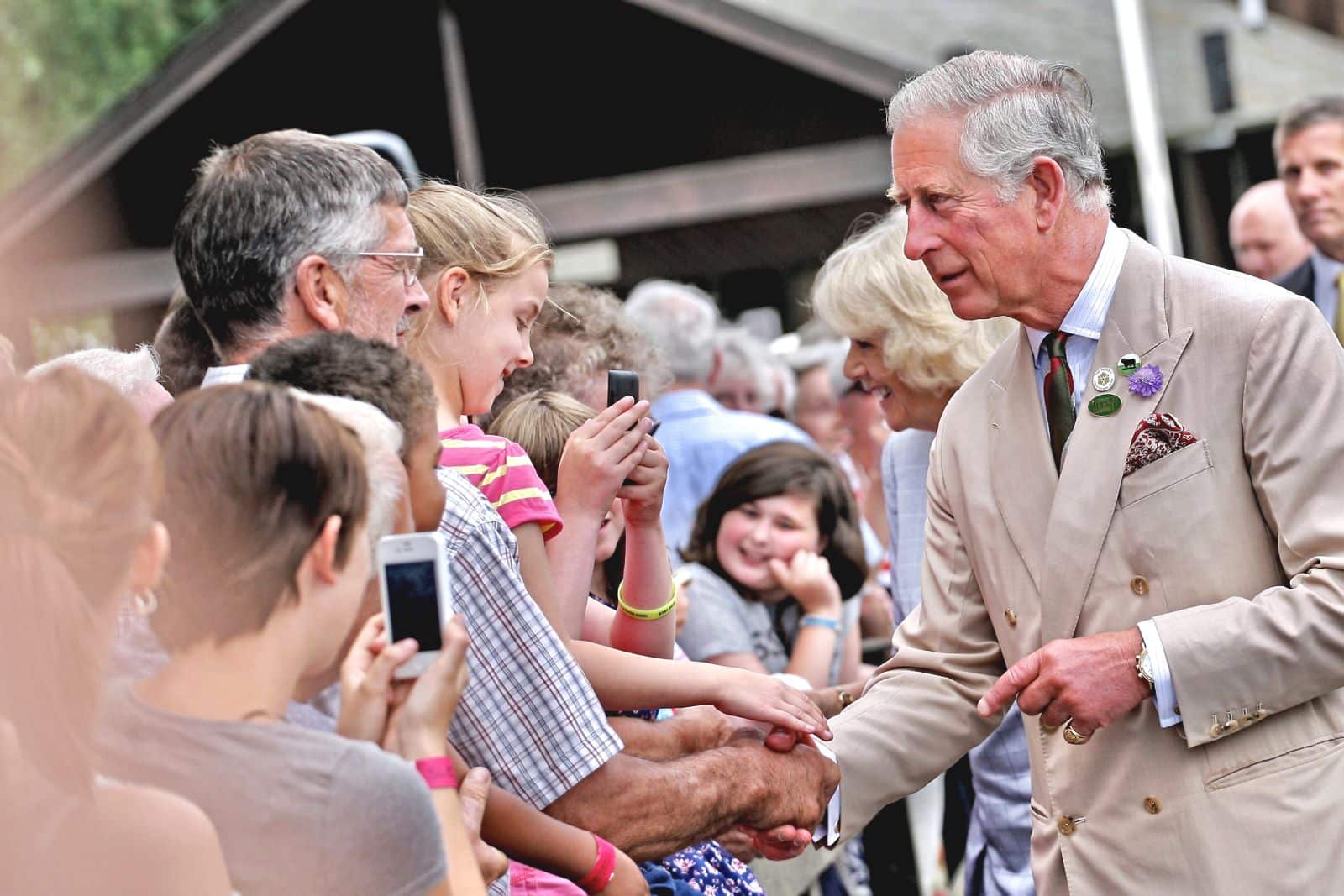
The royals’ engagement with community initiatives across the UK helps to spotlight local issues and promote civic involvement.
The Royal Question
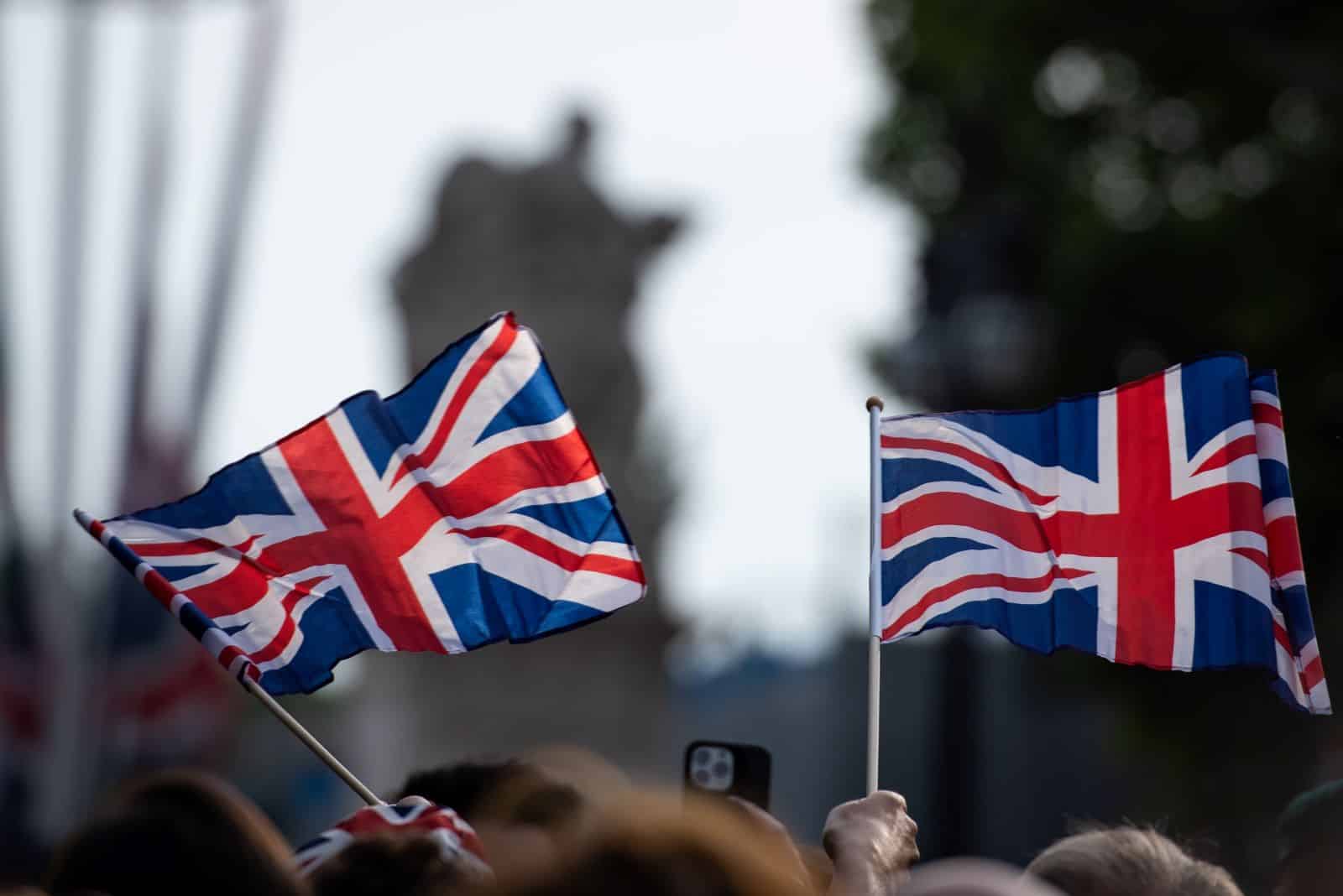
As King Charles’ reign progresses and Prince William awaits his turn, the monarchy’s role in modern Britain remains a fiercely debated topic. Whether cherished or challenged, the crown continues to spark conversation. Is it time for a royal reboot, or should we stick with the status quo, keep calm, and carry on?
Featured Image Credit: Shutterstock / Mistervlad.
For transparency, this content was partly developed with AI assistance and carefully curated by an experienced editor to be informative and ensure accuracy.
The images used are for illustrative purposes only and may not represent the actual people or places mentioned in the article.

